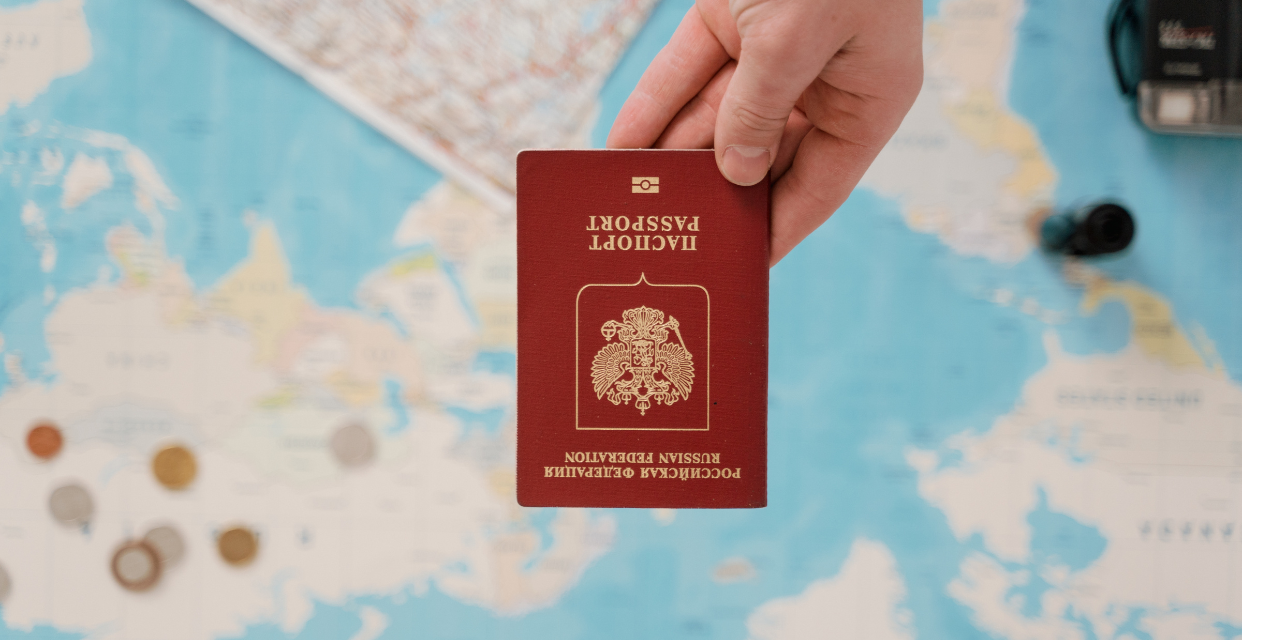World Partners with Tinder, Visa for ID Tech In an era where digital interactions and online transactions dominate daily life, trust and security have become paramount. Enter World, a pioneering digital identity verification company, which just announced groundbreaking partnerships with two global giants: Tinder, the world’s most popular dating app, and Visa, the leader in digital payments. Together, they aim to scale World’s cutting-edge ID-verification technology to millions of users and businesses worldwide, tackling fraud, enhancing safety, and reshaping how we prove who we are online.
The Collaboration: A Triple Threat Against Digital Fraud
World’s identity verification platform, already trusted by governments and financial institutions, uses advanced biometrics, AI, and blockchain-based systems to authenticate users in real time. By integrating this technology into Tinder’s ecosystem, the dating app aims to combat catfishing, fake profiles, and scams—persistent issues that undermine user trust. Meanwhile, Visa will leverage World’s tools to bolster security for online transactions, reducing payment fraud and ensuring safer digital commerce.
For Tinder, this partnership marks a significant step toward its commitment to user safety. “Identity verification is critical to fostering genuine connections,” said a Tinder spokesperson. Visa’s involvement underscores the financial sector’s growing demand for seamless yet secure verification processes, particularly as digital wallets and contactless payments surge.
How World’s Technology Works
World’s solution combines facial recognition, document scanning, and liveness detection to verify identities. Users upload a government-issued ID and take a selfie, which the system cross-references with biometric data to ensure authenticity. The process takes seconds and complies with global privacy regulations like GDPR. For Visa, this tech could be integrated at checkout phases, confirming a user’s identity before approving high-risk transactions.
Why This Matters
Privacy Concerns Addressed: World emphasizes decentralized storage and encryption, ensuring information isn’t stored on centralized servers.
Safer Dating Ecosystems: Tinder’s adoption of World’s tech could set a new industry standard, pressuring rivals to prioritize ID verification. This move aligns with growing regulatory demands for dating apps to protect users, as seen in recent FTC guidelines in the U.S.
Fraud Prevention in Finance: Visa’s application of World’s tools could save businesses billions lost to payment fraud annually.
FAQs About World’s ID-Verification Partnerships
1. How does World’s technology protect user privacy?
World uses decentralized storage and encryption to ensure sensitive data (like biometrics or IDs) is never stored on centralized servers. Users control who accesses their information, and the system complies with GDPR and other privacy laws.
2. Will Tinder require all users to verify their identities?
Initially, verification will be optional, but Tinder may incentivize users to participate (e.g., badges for verified profiles). Mandatory checks could follow if regulators or user demand push for stricter safety measures.
3. How will Visa integrate World’s tech into payments?
Visa plans to use World’s ID checks during high-risk transactions (e.g., large purchases or cross-border payments) to confirm a user’s identity in real time, reducing fraud without slowing down the checkout process.
4. Is this technology available globally?
World’s partnerships aim for global expansion, but adoption will depend on local regulations. For example, the EU’s strict privacy laws may require adjustments, while emerging markets could see faster rollout.
5. What happens if someone’s ID is stolen or forged?
World’s liveness detection and AI cross-checking minimize the risk of forged documents. In cases of theft, users can report issues to World’s support team to lock or reset their verified identity.
Read Also- Microsoft’s Compact AI Model Rivaling Giants
